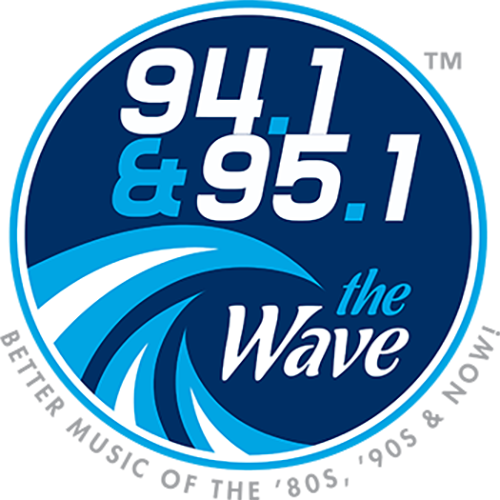Mom describes daughter's hospitalization with RSV amid warnings of holiday 'tripledemic' surge

(NEW YORK) — A New York mother is sharing details of her daughter’s battle with RSV, a respiratory virus that health officials warn may continue to spread this holiday season, along with the flu and COVID-19.
Anita Binayi-Ghiam said her 3-year-old daughter Ella began having difficulty breathing during the last week of October.
Though Ella tested negative at first for both COVID-19 and RSV, or respiratory syncytial virus, Binayi-Ghiam said she knew something was not right with her daughter.
She and her husband brought Ella to Cohen Children’s Medical Center on Oct. 30, where she was admitted and tested positive for RSV.
“It was mother’s intuition that told me to bring her in that Sunday,” Binayi-Ghiam said in a statement shared by Northwell Health, which operates the medical center. “It was so unlike Ella not to eat or drink. My husband and I just knew that something was wrong.”
Ella spent nearly one week in the intensive care unit on oxygen due to RSV, according to Binayi-Ghiam, who said her daughter has now recovered.
“It was horrendous,” she said. “I hope no parent has to go through it. It was terrifying.”
Health officials are now warning that not just RSV but also the flu virus and COVID-19 may be more likely to spread over the holiday season in what some call a “tripledemic.”
“We just had massive gatherings, the busiest travel days in years, and a large amount of circulating viruses all over the country,” Dr. Alok Patel, an ABC News medical contributor, said of the Halloween and Thanksgiving holidays, which occurred amid an already high number of cases of respiratory viruses in the United States.
In early November, the number of cases of RSV in the U.S. hit a two-year high, according to data from the Centers for Disease Control and Prevention.
On Nov. 4, the CDC issued an official health advisory in response to the rise in respiratory infections in children.
Pediatric bed occupancy also remains the highest it has been in the last two years, with 78% of pediatric hospital beds filled, according to data from the Department of Health and Human Services.
Cohen Children’s Medical Center, where Binayi-Ghiam’s daughter was treated, said it has seen a nearly 50% increase in patients in its emergency department.
“These last two weeks in our emergency department have been the busiest we’ve seen in the past 10 years,” Dr. Matthew Harris, a pediatric emergency room physician and medical director of crisis management at CCMC, said on Nov. 23, just before the Thanksgiving holiday. “Our emergency department was up nearly 50%, our admissions were up 49% and our treat-and-release numbers were up over 50%.”
Experts have told ABC News that a combination of waning immunity to COVID and lack of exposure to other viruses, combined with gatherings indoors, is fueling a “perfect storm” leading to the rise in cases of flu, RSV and COVID-19.
While RSV affects children and adults, it’s particularly dangerous for kids under 1 year old and seniors 65 years old and older.
RSV is a contagious virus that can spread from viral respiratory droplets transferred from an infected person’s cough or sneeze; from direct contact with the virus, like kissing the face of a child with RSV; or from touching surfaces, like tables, doorknobs and crib rails, that have the virus on them and then touching your eyes, nose or mouth before hand-washing, according to the CDC.
People infected with RSV are usually contagious for three to eight days, but some infants can continue to spread the virus even after they stop showing symptoms for as long as four weeks, according to the CDC.
Health officials are advising parents to make sure their child’s vaccinations and their own are up to date, including flu shots and COVID-19. They say parents can help protect their kids from respiratory viruses by continuing to follow as much as possible the three Ws of the pandemic: wear a mask, wash your hands and watch your distance.
Infants and toddlers can usually recover at home with RSV unless they start to have difficulty breathing, are not eating or drinking, or appear more tired than usual, in which case parents should contact their pediatrician and/or take their child to the emergency room.
Copyright © 2022, ABC Audio. All rights reserved.








